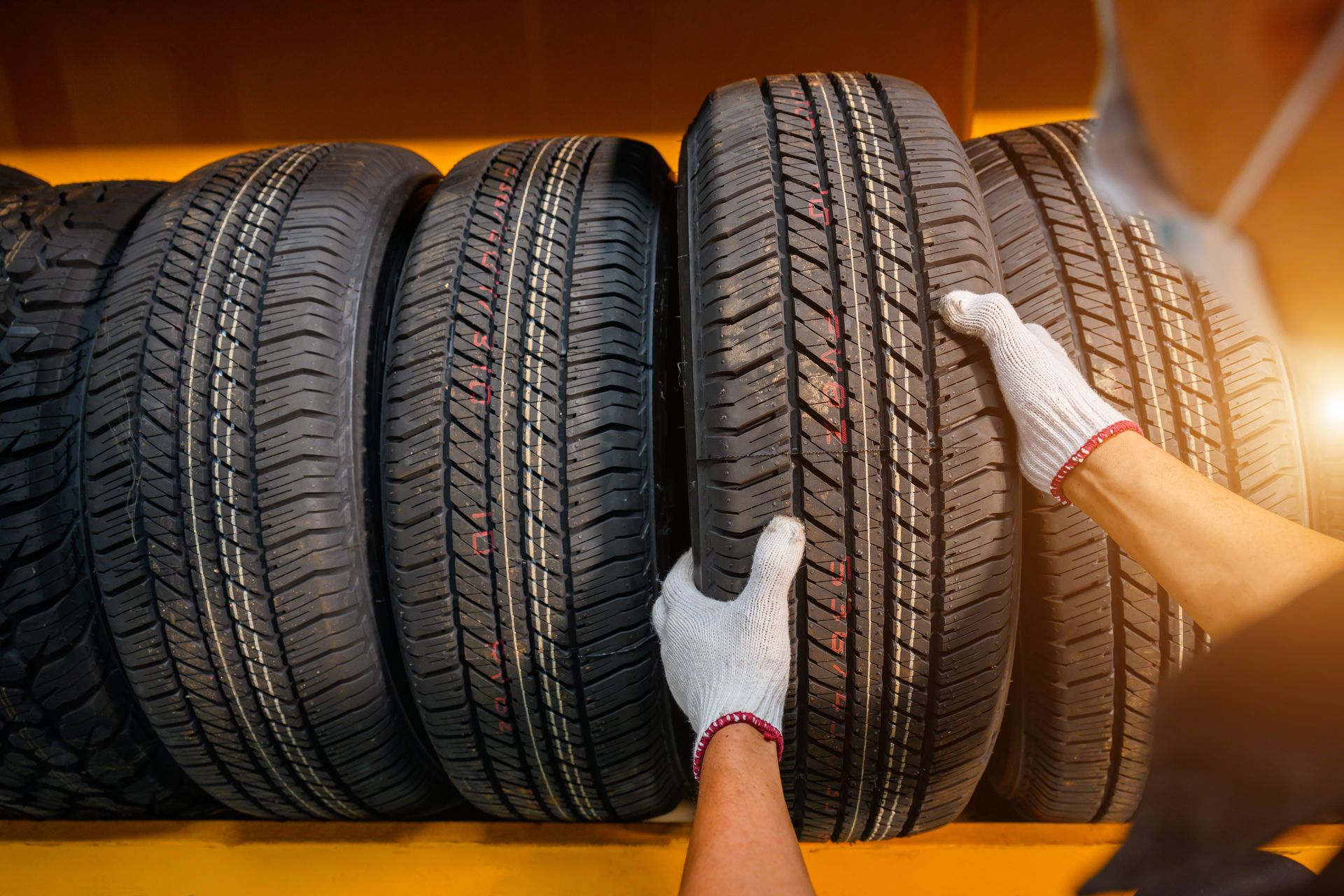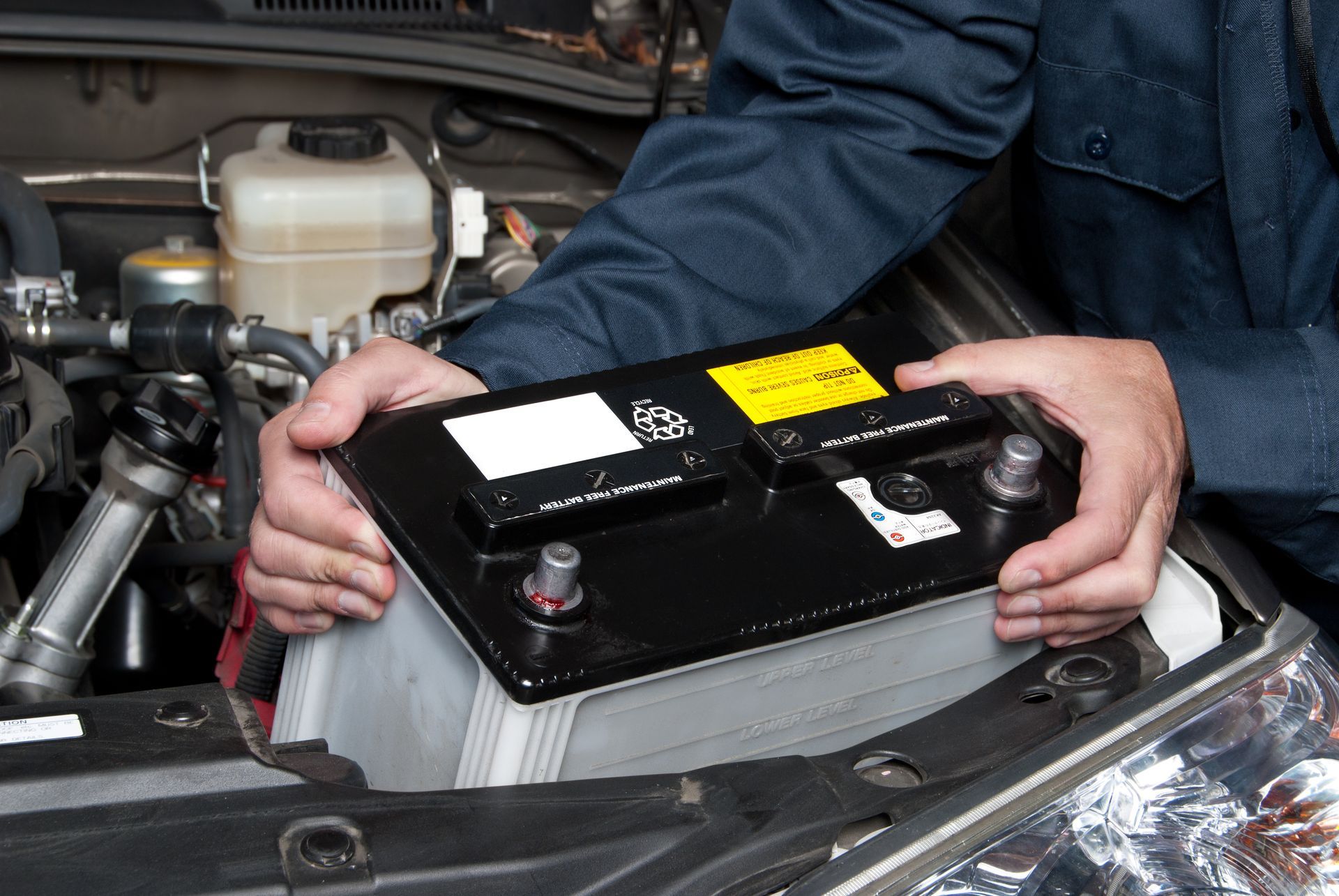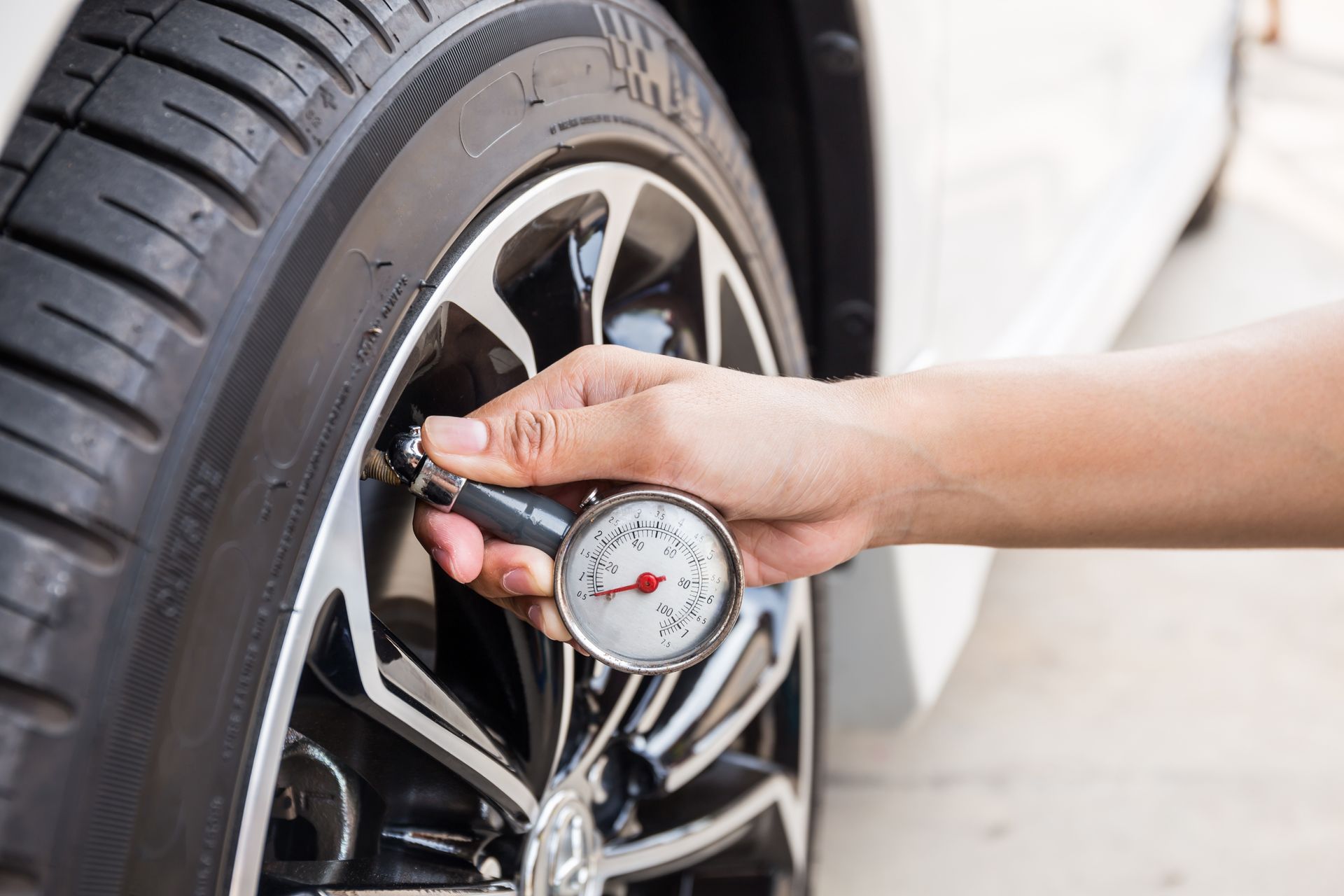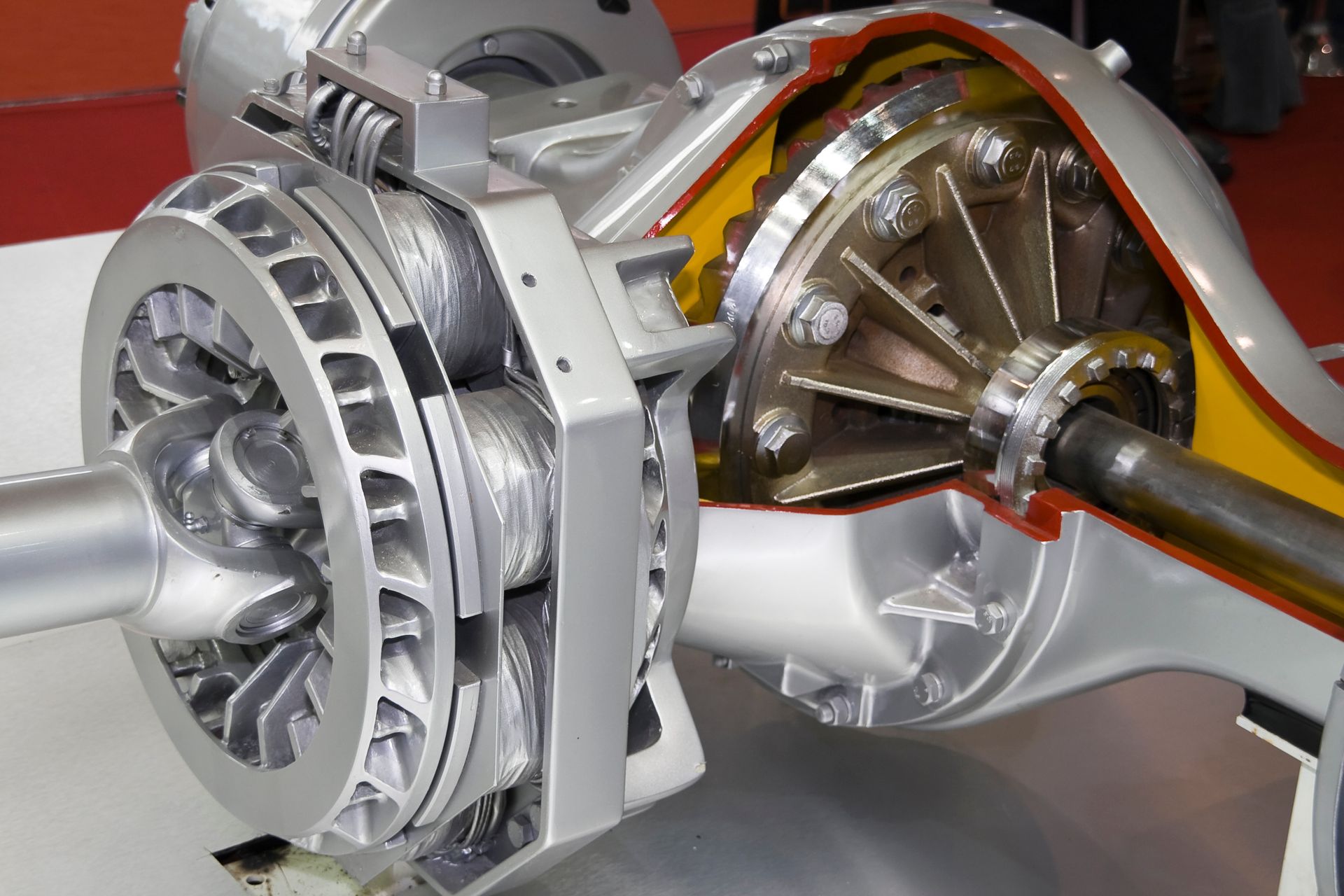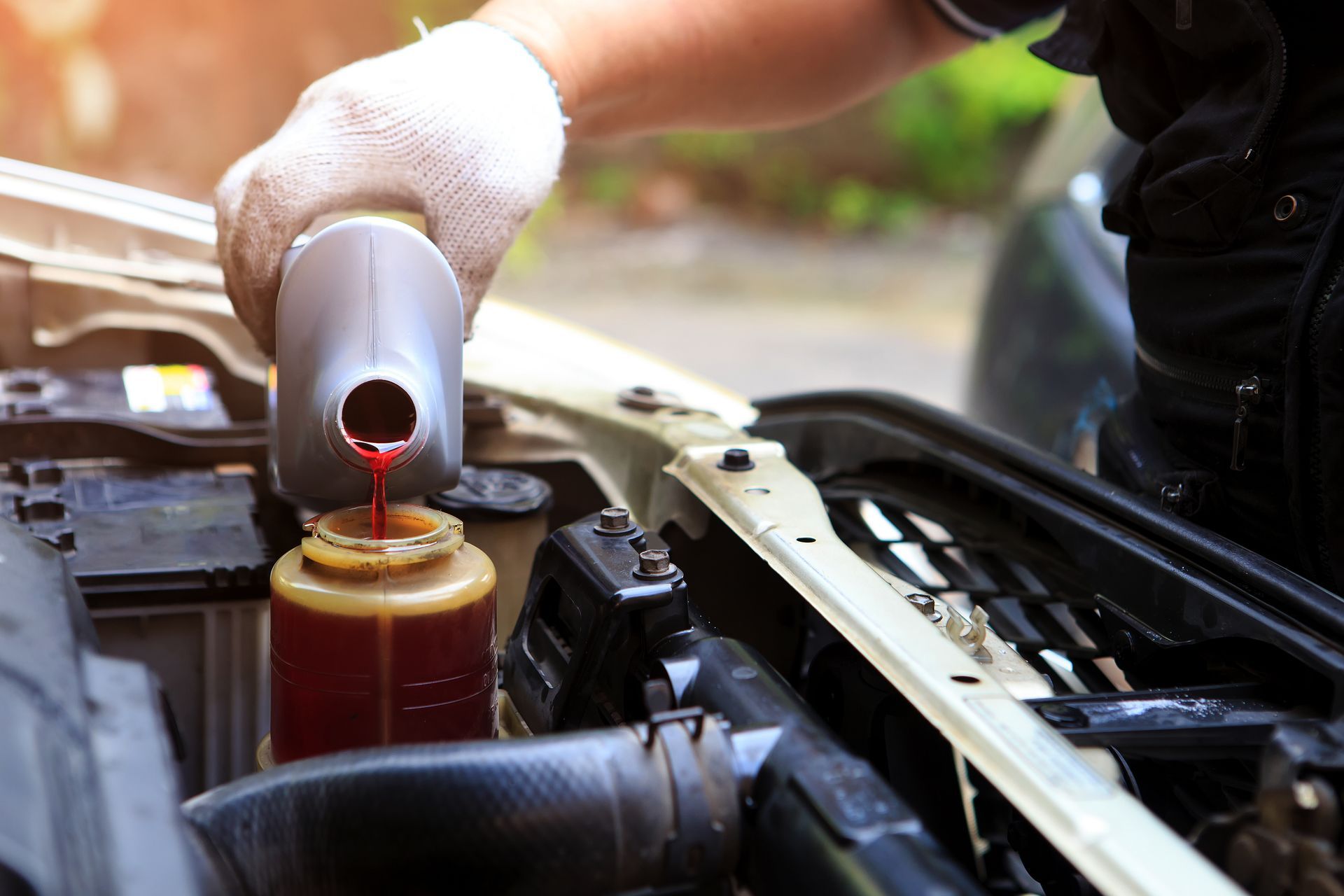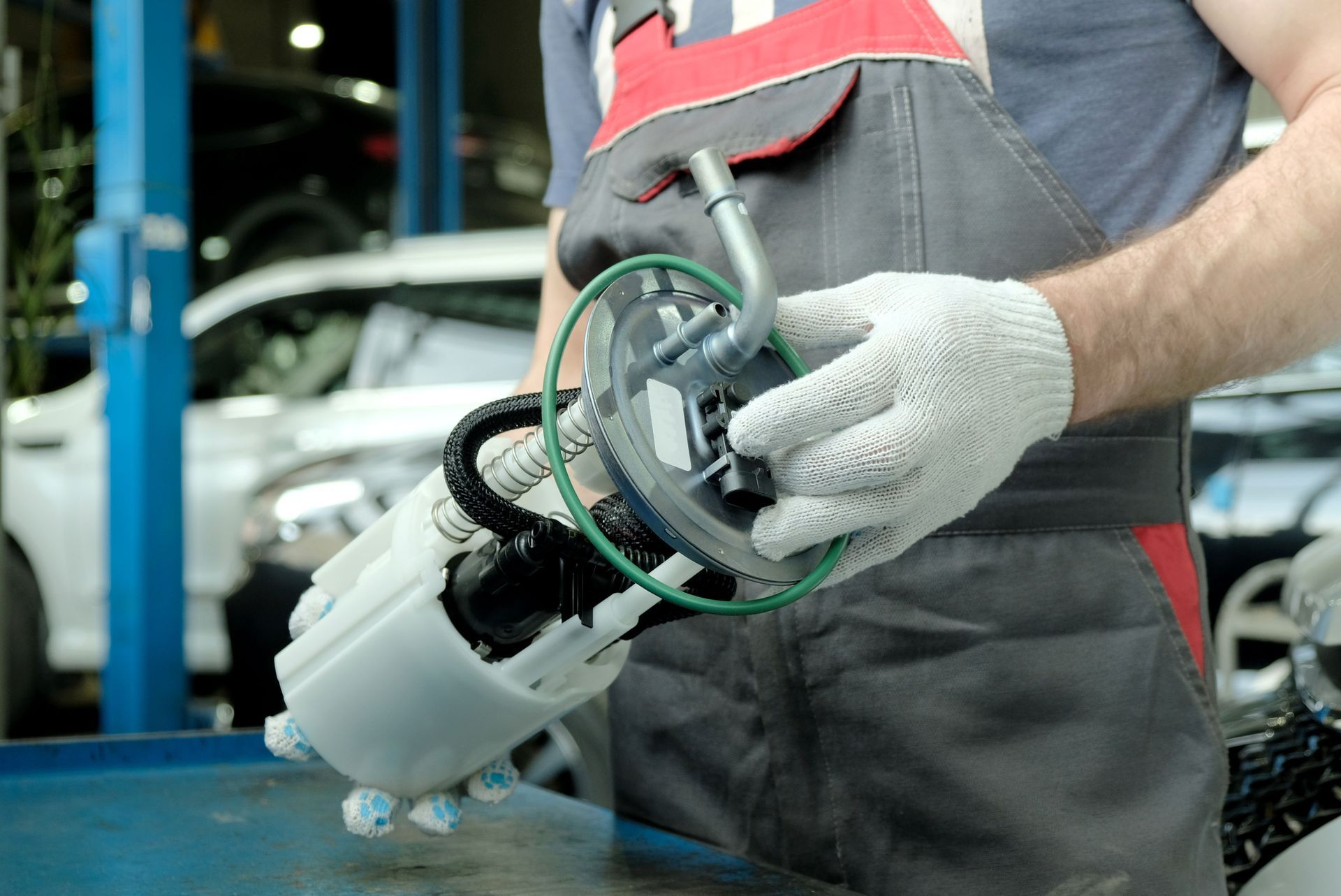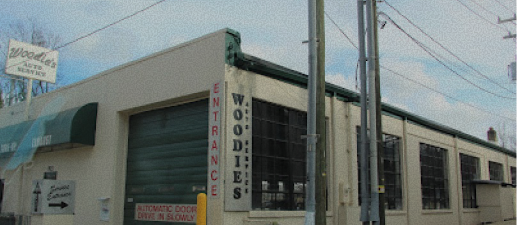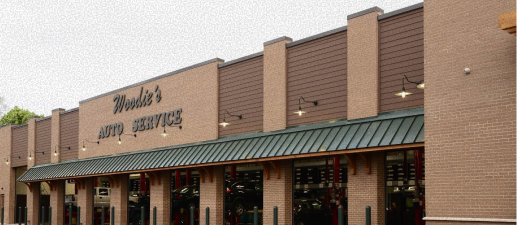Why Is My Car’s Steering Wheel Hard to Turn?
July 25, 2025

Turning the steering wheel should feel smooth and responsive, allowing you to navigate safely and confidently. When your steering wheel becomes stiff or hard to turn, it can be both alarming and dangerous. Difficulty steering can make parking or taking tight turns challenging and can increase your risk in emergency situations. Understanding why this happens and addressing it quickly can help keep you safe on the road.
Low or Leaking Power Steering Fluid
One of the most common reasons for a hard-to-turn steering wheel is low or leaking power steering fluid. This fluid helps create the hydraulic pressure that makes steering easy. Over time, leaks can develop in hoses, seals, or the power steering pump, which reduces fluid levels and causes the steering to become stiff.
Signs of a leak include fluid puddles under your vehicle (usually reddish or amber in color) and a whining noise when you turn the wheel. Checking and refilling power steering fluid may provide temporary relief, but it’s important to fix leaks to prevent further damage.
Failing Power Steering Pump
The power steering pump generates the hydraulic pressure needed to assist in turning the wheels. When this pump starts to fail, it can’t provide enough pressure, resulting in a stiff or heavy steering feel.
A failing pump may produce groaning or whining noises, especially when operating at low speeds or during parking. Ignoring these symptoms can lead to total pump failure and more expensive repairs.
Worn or Broken Serpentine Belt
The serpentine belt drives various components in your engine, including the power steering pump. If the belt becomes loose, worn, or breaks entirely, the power steering system won’t function properly.
Without the belt, the steering wheel becomes much harder to turn, often suddenly. Regular inspections and timely replacement of the serpentine belt help avoid this issue and keep your steering system working smoothly.
Problems with the Steering Rack
The steering rack (or rack and pinion) converts the turning of your steering wheel into the movement of your wheels. Over time, this part can wear out, especially in vehicles with high mileage.
When the steering rack starts to fail, you may notice increased resistance when turning, particularly at low speeds. In some cases, you might also feel vibrations or hear clunking noises when turning the wheel.
Tire or Suspension Issues
Sometimes, the problem isn’t with the steering system at all but with the tires or suspension components. Underinflated tires increase resistance, making the steering wheel harder to turn.
Worn suspension parts, such as ball joints or tie rods, can affect steering feel and performance. Regularly checking your tire pressure and inspecting suspension components during maintenance can help avoid these problems.
Steering Column or Joint Issues
The steering column connects the steering wheel to the steering mechanism. If the column or its universal joints become worn, corroded, or damaged, they can create stiffness or binding when turning the wheel.
This issue can worsen over time and should be addressed promptly to maintain safe steering control.
Why You Shouldn’t Ignore Hard Steering
A hard-to-turn steering wheel is a serious safety concern. Reduced steering control makes it harder to avoid obstacles, react to sudden changes in traffic, or handle tight turns. Driving with compromised steering can put you and others at risk and may lead to more extensive (and costly) repairs if not addressed.
Preventing Steering Problems
Regular maintenance is the best way to keep your steering system in good condition. This includes checking and topping off fluids, inspecting belts and hoses, and monitoring tire condition and pressure.
Listening for unusual noises and paying attention to changes in steering feel can help catch issues early before they become more severe.
Get Your Steering System Inspected at Woodie’s Auto Service & Repair Centers
If your steering wheel feels hard to turn, don’t wait to get it checked. The skilled technicians at Woodie’s Auto Service & Repair Centers , with 17 locations across North Carolina and South Carolina, are ready to diagnose and fix the problem to restore safe, smooth steering.
Schedule your inspection today and drive confidently knowing your vehicle is in expert hands.
